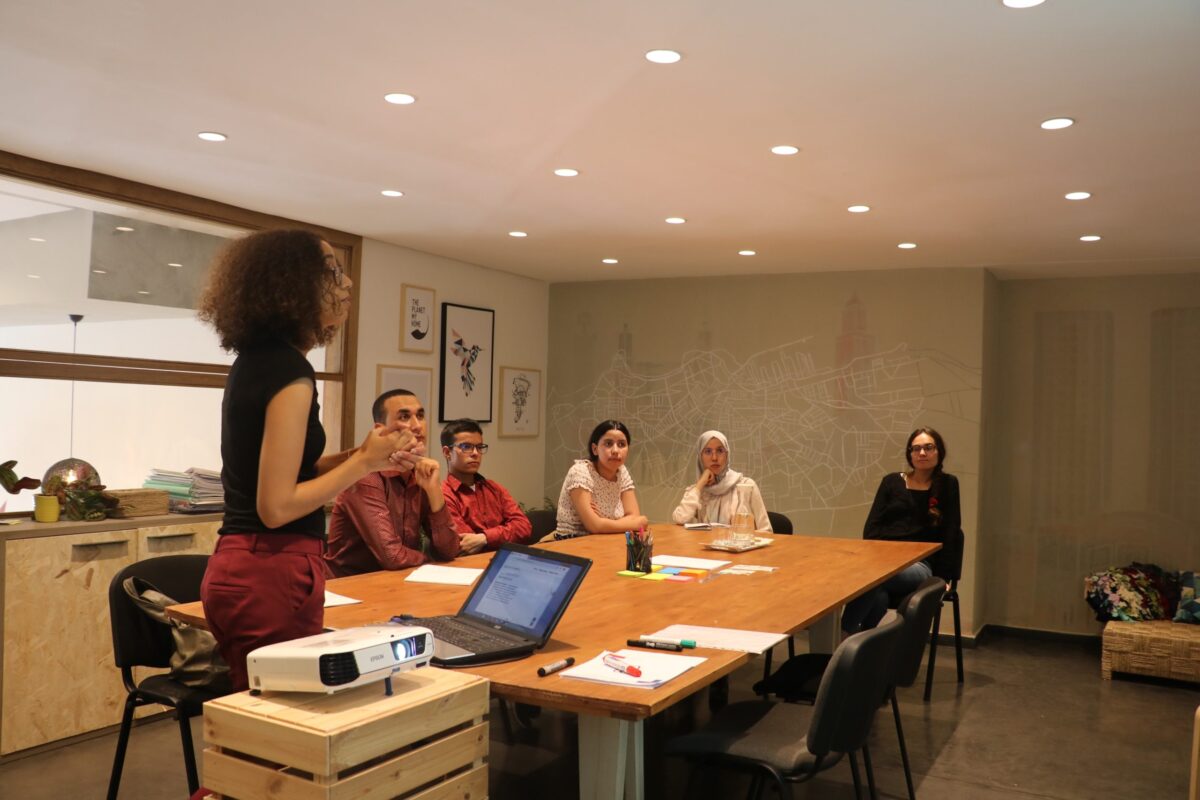
“People demanding 100% loyalty want to blind you. Never be blinded by someone else’s light, less you taunt darkness.” -Greg Williams, The Master Negotiator & Body Language Expert (Click here to Tweet)

“How To Combat The Problem Of Blind Loyalty”
Are you loyal? More importantly, will you be loyal to only me? Those questions were asked of someone with power by a person with more power. The response was, I’m devoted to the oath I took when I became a member of this organization. The implication was, I won’t be loyal to an individual – I’ll be dutiful to the institution. The person making that statement was fired shortly after that. The person asking the questions was the one that initiated the firing. And he would later demand that others be loyal to him too. He’d created a problem – one of perception. Later, it would ensnare several individuals under his charge. And his demand for loyalty would eventually be exposed as his means to deal in more nefarious behavior. Houston, we have a problem!
Loyalty is good in most cases. But, when those in power demand blind loyalty, people with power can stray from a righteous path. And problems can exist in any environment when there’s too much blind obedience. When that occurs, as someone in a position of authority or one challenged by those insisting that you have blind obedience to them, you must be prepared to combat unchecked loyalty. To allow it to roam free could be akin to walking blindly down a dangerous path that leads to misfortune. Don’t fall prey to the allure of blind loyalty. Here’s how to combat it.
Blind Loyalties:
Challenges
Unbridled allegiances can lead to unchecked power. And unlimited power can lead to unrealized potential. Because those with leadership abilities will never have the opportunity to rise to their full potential, less they pose threats to the leader. So, they become checked out of fear of the leader’s retribution. And that permeates the myth that adherence is better for those that submit to it.
Reckless Endowment
Power is an aphrodisiac. Another concern that institutions should have is what becomes of a leader’s power when he has too much of it. Best case scenario, he uses that power for the improvement of those that he represents – in most cases, that’s not been what history has proven. Instead, a leader with too much power has feathered his nest and those that remain most loyal to him. And that creates an infectious environment amongst those that continuously strive to be the leader’s favorite. That occurs, while the inner backstabbing slowly erodes and robs the life’s blood of the future from the institution. Be mindful of those with too much power and how they use it. It can be the source of good times or those that lead to destruction. The weight is the balance of when either occurs and the length of time it lasts.
Stifles Imagination
Concentrated power can stifle creativity. When a select few hold power, those with that power seek less input from outside sources. They know what the best thoughts are – because they believe their opinions are best for the masses. And when it comes to planning, they only consider their plans. Thus, they don’t seek out or welcome additional information from anyone outside of their circle. They don’t want any info competing against theirs that’s out of alignment with their strategy. There’s a high cost to pay for a lack of diverse input. And usually, those lower in the ranks of an organization are the ones to bear the burden of that cost.
Confronting Requesters of Blind Loyalty
Everything is a negotiation. And if you neglect that thought, you forego powers that you might otherwise realize. If you’re to maintain blind loyalty to anyone, it should be to yourself. That’s not to say that you shouldn’t be loyal to a cause, a purpose, an institution, or even a person. It’s to say, before committing to someone’s behest for loyalty, understand what it means. Understand where your commitment might lead you and what it’ll mean for your future. If you follow anyone’s mandates without questioning, you could end up at a dead-end street with nowhere to go except backward. That means you and those that you should have been supporting will have lost valuable time and your sense of purpose. And wasted time is time never regained. Always think before you commit to anything or anyone’s request.
Reflection
The general that wisely chooses the field of battle wins before the fighting starts. Thus, always be aware of the mindset of those that demand complete loyalty. In so doing, they seek to consume concentrated power within a small container – themselves. And when it comes to absolute power, absolute power rules without leaving a void for dissension. Without discord, no organization can sustain itself. While chaos can reign inside of dissent, the delicate balance lies in getting benefits from disputes versus suppressing the growth that could otherwise blossom. Thus, curtail the chaos. It will lead to confusion, which will lead to disruption. And yes, the powers to be may check disorder for a while, but eventually, it will happen. It has done so throughout history’s rule in corporations, communities, and countries. And when it does so, it has been the beginning that’s lead to the unraveling of the entities that were once powerful.
Never trust blindly those that seek 100% loyalty. If you do, it could be to your jeopardy. Even when asked to do so, you may close one eye but don’t close both. Keep an eye open so you can see the light that might allow the perception of a more realistic reality … and everything will be right with the world.
Remember, you’re always negotiating!
Listen to Greg’s podcast at https://anchor.fm/themasternegotiator
After reading this article, what are you thinking? I’d like to know. Reach me at Greg@TheMasterNegotiator.com
To receive Greg’s free “Negotiation Tip of the Week” and the “Sunday Negotiation Insight” click here http://www.themasternegotiator.com/greg-williams/
#Problem #Loyalty #Combat #Negotiate #Business #SmallBusiness #Negotiation #Negotiator #NegotiatingWithABully #Power #Perception #emotionalcontrol #relationships #BodyLanguageExpert #HowToNegotiateBetter #CSuite #TheMasterNegotiator #ControlEmotions #GregWilliams #success #negotiationexamples #Negotiationstrategies #negotiationprocess #negotiationskillstraining #negotiationtypes #negotiationpsychology #Howtowinmore #self-improvement #howtodealwithdifficultpeople #Self-development #TheMasterNegotiator #Howtocontrolanegotiation #howtobesuccessful #HowToImproveyourself

















